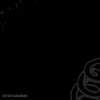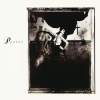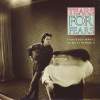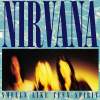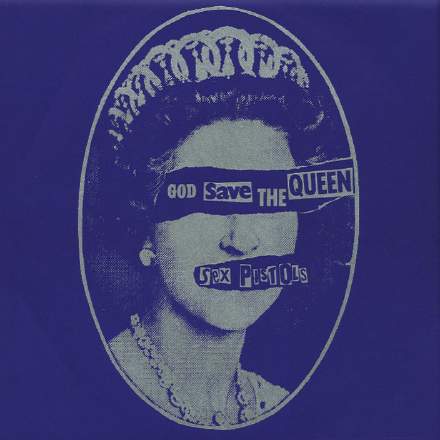
Compared to most rock records, this has a rather unusual stereo picture, because the only element of the arrangement that’s actually in stereo is the drums. Everything else — that thick slab of bass, guitars, and vocals right in the stereo centre — is effectively mono. No hard-panned guitars, no left-right spread on the backing vocals from 2:30, and negligible stereo ambience. There’s something strangely schizophrenic about this for me. On the one hand, the mono elements present a defiantly no-frills punk aesthetic, but on the other hand the wide (check out the tom fill at 1:48!), full-sounding drums attest to big-studio production values. That said, such concessions to establishment sonics may well have helped the band gain such a strong foothold in the mainstream consciousness.
In technical terms, the stereo treatment creates an interesting mix-translation situation. For a start, the mono compatibility of the mix is great, because so much of it is already in mono! In fact, I’d argue that the mix actually works better in mono that it does in stereo, because I think the stereo cymbals feel a bit too loud and bright compared with the guitars and vocals. Remove the stereo Sides component, and the balance feels somehow better matched, because the drums join the guitars on stage rather than pushing out front and competing with the vocals. Listening to just left or right stereo channel on its own gives something very similar to the mono mix as well, albeit with a little more cymbal brightness on account of less comb-filtering.
Another thing to notice on this record is the tonal contour of the guitars, which provide plenty of energy in the 500Hz region, while sketching in the 1-4 kHz zone comparatively lightly. Although, subjectively, this gives them a slightly congested sound in isolation, it’s a very canny move in my opinion, because it leaves plenty of room in the mix for Johnny Rotten’s upper-mid-heavy vocal posturing, without sacrificing the lower mid-range weightiness and crunch of the riffing — especially important given that stereo separation won’t unmask the vocal spectrum at all in this case. It also helps, of course, that Steve Jones switches from his fuller-sounding riff chords to mellower ‘chugs’ for Rotten’s controversial verse lyrics, in fine pop tradition…






